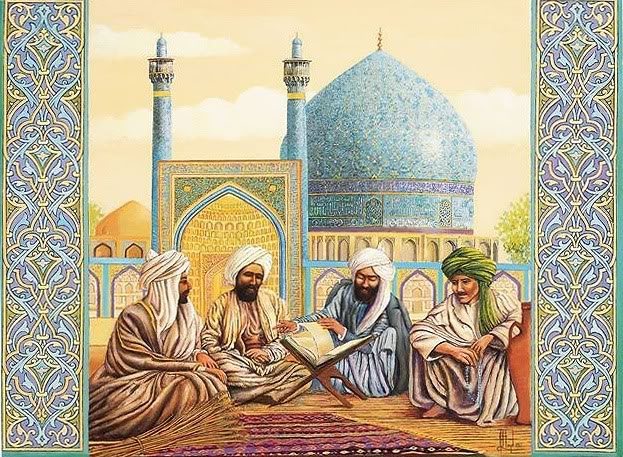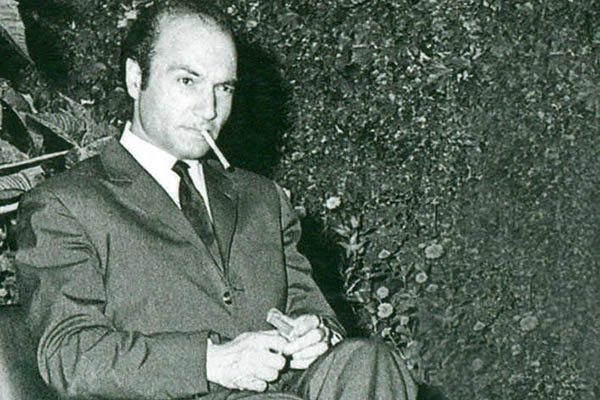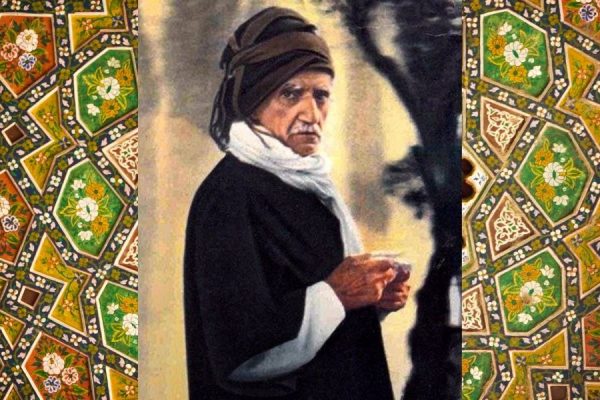“There is definitely a gap that needs to be bridged between scholars and the generality of the American Muslim community. “
“There is definitely a gap that needs to be bridged between scholars and the generality of the American Muslim community. “
This article was originally posted here on ImanWire.
Many American Muslims have been recently engaged in conversations about the relationship between activists and traditionally trained Islamic scholars. Though there have been stellar individuals who fall into the camp of qualified activist-scholars or shuyookh, these have historically been exceptions more so than what has been predominant. In dealing with the reality in which we currently live in today, there are some fundamental aspects relating to adab (etiquettes) of engagement and critique in which laymen, including activists, should have with scholars.
Scholars Have a Particular Rank
Prophet Muhammad stated, “Surely the scholars are the heirs of the prophets.” (at-Tirmidhi, ibn Majah, Malik and ibn Hibban)
The understanding and application of Islam has been passed down to us through scholars. It is in this tradition that certain core principles and fundamental interpretations of religion maintain their fidelity through transmission from scholars. The hadith above of course does not mean that scholars in their individual ijithad (critical thinking) when making specific opinions on matters have ‘ismah (protection from error) as prophets did. It is to say, however, that the position of those who struggled to learn Islam through qualified teachers is a lofty position which should command respect from the generality that did not commit itself to the rigor and discipline to do so. Traditionally in Islamic history, those scholars who maintained their independence from the control of political authorities have always received special honor and a level of deference not given to laymen. If one were to travel today to Kaolack or Touba in Senegal for instance, the living practice of this adab can be seen in vibrant display on the community level.

Islam Is Not Void of Social Hierarchy
Western notions of socio-political egalitarianism have a degree of foreignness within Islamic civilization going back to the times of the first three generations of Muslims following the path of Prophet Muhammad (prayers and peace be upon him & his followers). As it is true that there is moral equality which can exist irrespective of profession or bloodline, there are certain hierarchies in our social and political relationships that should influence our deportment with different people. For instance, all women should be treated in a cordial manner, but the respect and manners one should have with their mother is higher than with a female co-worker or schoolmate. The Prophet made it forbidden for his family and descendants to accept Zakah and Sadaqah, yet they are the collectors of Khums and the distributors of it. Moreover, Muslims were instructed to pray for them a minimum of 5 times a day in daily prayers saying, “Oh Allah! Send Salah upon Muhammad and the Family of Muhammad.” Hence his family has a type of virtue in Islam over other families.
There are more examples that could be given of days, nights and physical locations which command more reverence and different comportment than others. The point is that scholars, due to their rank, should not be interacted with or addressed like an “Average Joe” — even when they make missteps and gaffes. The way in which they are addressed and even critiqued demands a heightened level of adab out of respect of their positions held in Islamic society which carries with them a particular meaning within tradition. This in no way equates to giving scholars passes who are involved in criminal activities or clear oppression.
All Scholars Are Not Meant to Be ‘in the Streets’
“It is not for the believers that they all go forth together. From every contingent among them, a group should stay behind and gain sound knowledge of the religion that they may warn the contingent upon their return in order that they beware.” (Surah at-Tawbah, Ayah 122)
It is a tradition going back to the era of the Sahabah that when a group went out on an expedition or campaign, that people of knowledge from among them stayed behind and taught the understanding and application of Islam. When those who went out on a campaign returned, they had knowledge transferred to them so that it could be passed along to others and preserved. For instance, when Imam Zayd bin Ali bin al-Husayn bin Ali bin Abi Talib (may Allah be pleased with them) and others from the Hashimites and their followers revolted against the sultan Hisham bin Abdil Malik al-Umawi, his nephew Imam Ja’far as-Sadiq (may Allah be pleased with him) did not go out, but stayed behind and taught students who themselves became transmitters of sacred knowledge. This is no way translated into Imam Ja’far as-Sadiq being complacent or giving tacit approval to the oppression of Hisham Abdil Malik.
Scholars have the primary role of teaching the creed and sciences of the religion, which includes enjoining the good and forbidding the evil in society. Just because scholars or shuyookh are not all out “in the streets” protesting or practicing civil disobedience by getting arrested, does not make them illegitimate nor should take away from the deference given to them. Abu Hanifah (may Allah have mercy upon him) and Malik bin Anas (may Allah have mercy upon him) were not out “in the streets” but gave moral support to those “in the streets.” They served their role, and there are scholars serving this role today in America. Scholars not being “in the streets” in no way equates to a lack of relevancy.
There is definitely a gap that needs to be bridged between scholars and the generality of the American Muslim community. More specifically, there needs to be more engagement and conversations between scholars and shuyookh with activists, both groups containing well-meaning souls. In the meantime, as conversations need to take place, it is important for the community to give Islamic scholars their proper due respect in accordance with the rank which we were informed that they have per the Prophetic tradition, “Surely the scholars are the heirs of the prophets.”
This article was originally posted here on ImanWire.
.png)





